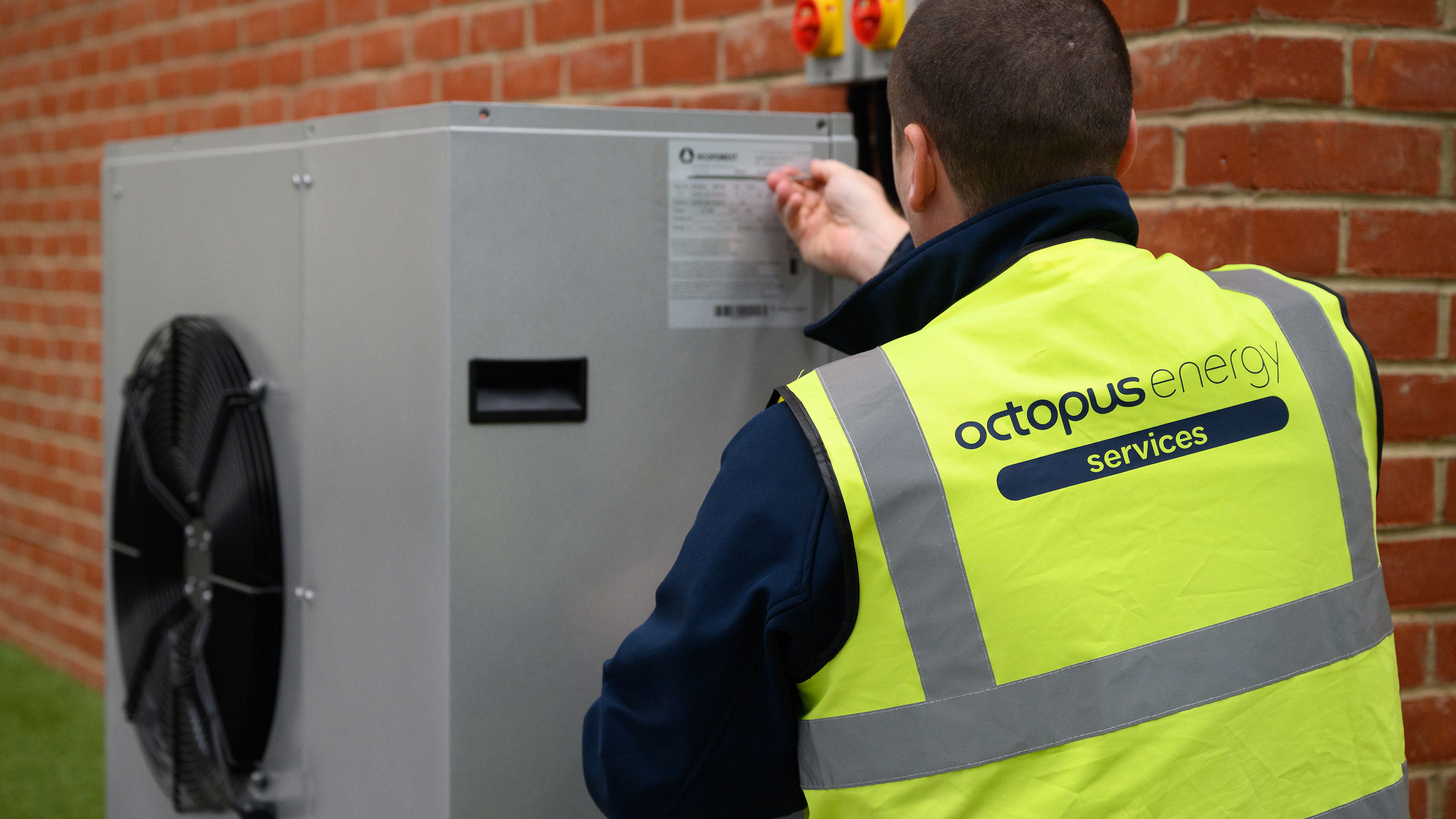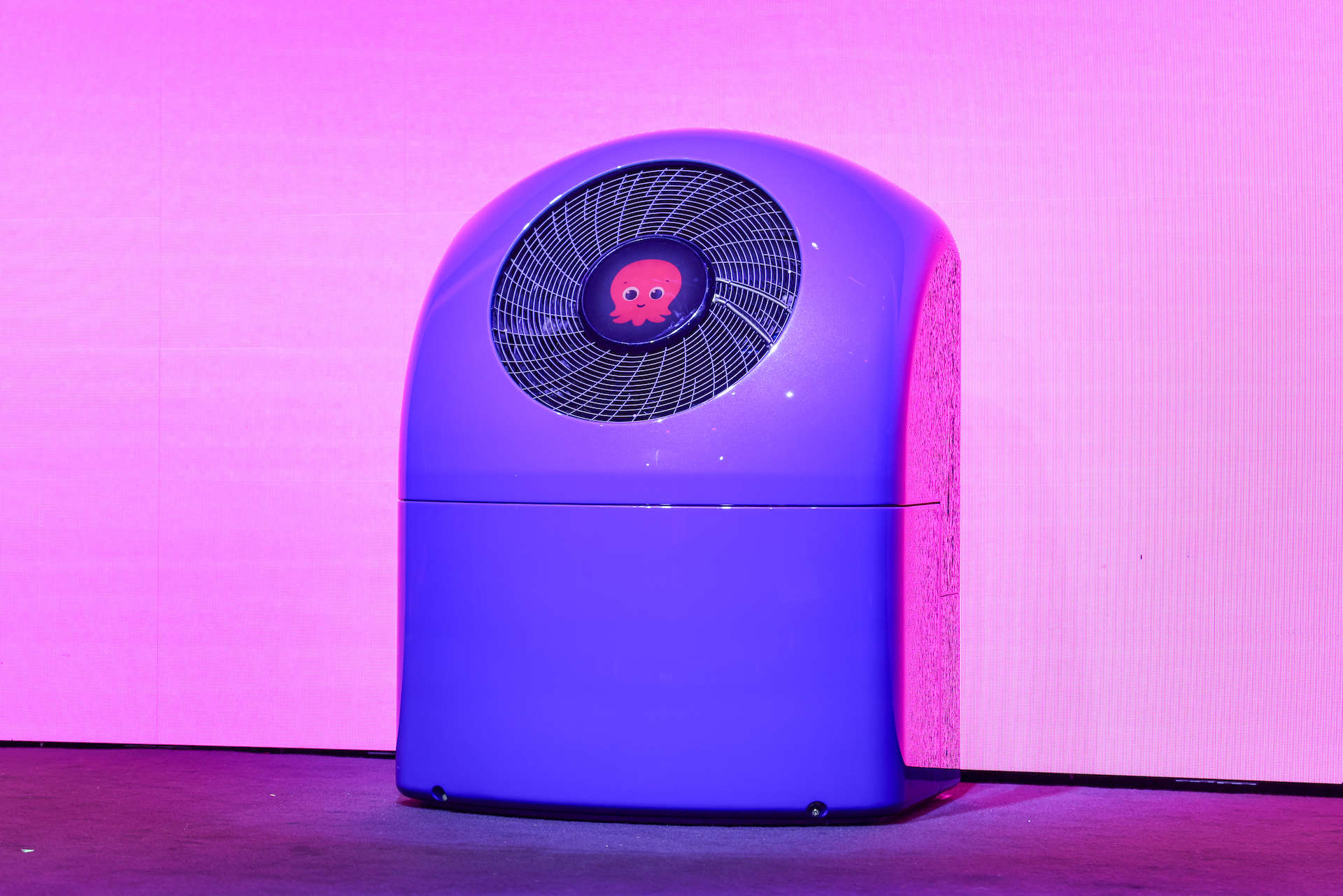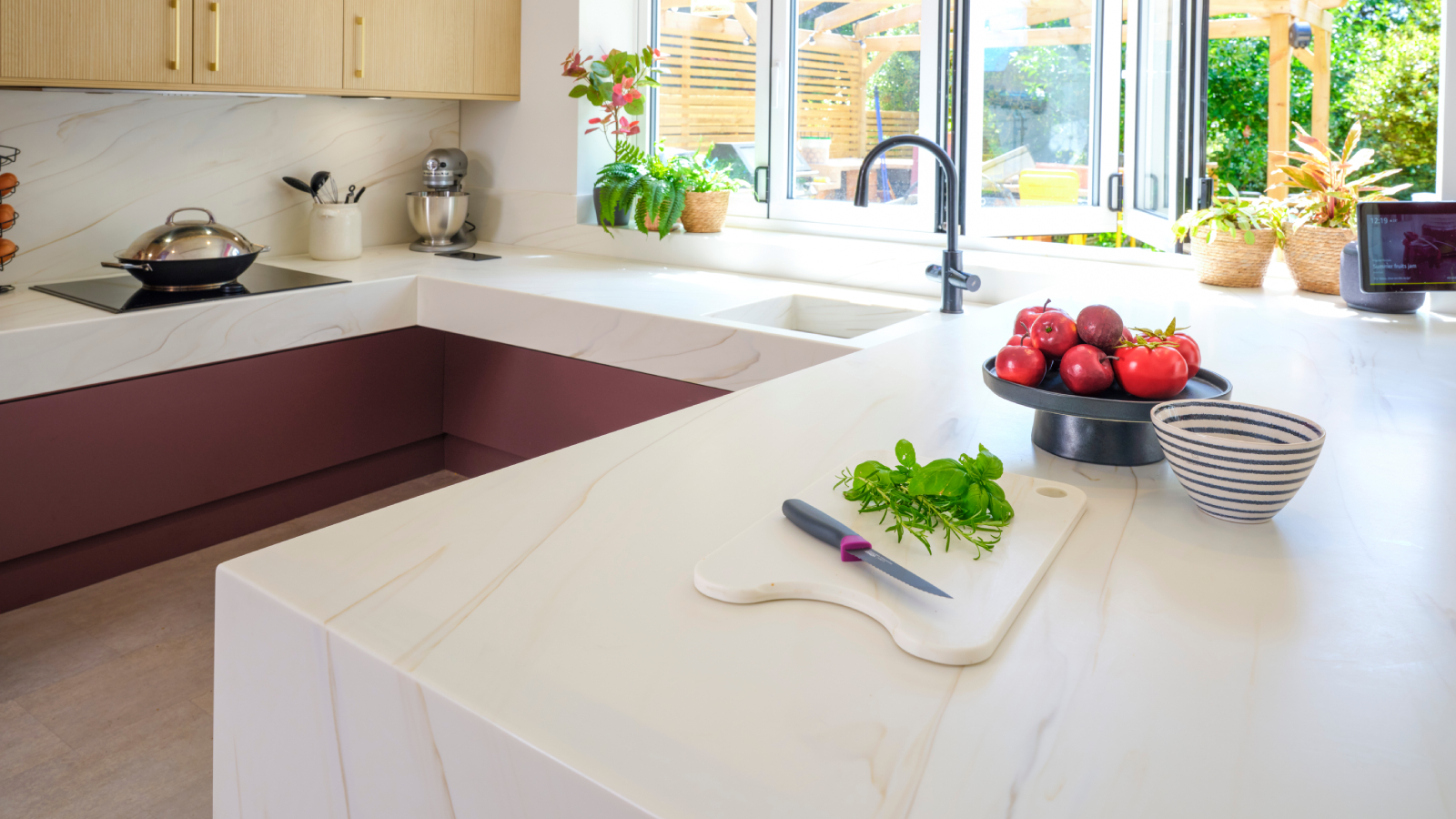Octopus and National Grid join forces to upgrade homes to three-phase electric as part of heat pump and EV charger rollout
The collaboration, which comes after Homebuilding & Renovating highlighted the issue, seeks to reduce installation times by upgrading more homes to three-phase electricity

Bring your dream home to life with expert advice, how to guides and design inspiration. Sign up for our newsletter and get two free tickets to a Homebuilding & Renovating Show near you.
You are now subscribed
Your newsletter sign-up was successful
Octopus Energy and the National Grid have combined forces to improve the installation process for renewable energies.
The joint venture will mean local electric grids will be assessed on the demand new technologies make to the area before installation and homes will also be assessed to see if they require upgrading to three-phase electricity to cope with the increased strain on households.
It is hoped the collaboration will reduce the installation time of renewable technologies, such as air source heat pumps, EV chargers and solar panels by at least 10 weeks.
How will the collaboration work?
The new agreement between Octopus Energy and the National Grid means the installation of renewable energy technologies could be streamlined to save customers weeks of waiting times.
Octopus Energy engineers can now upgrade homeowners fuses to three-phase electricity whilst installing heat pumps, EV chargers and solar panels in order to cope with the increased electricity demands, potentially saving ten weeks from the installation process. It follows the problem of outdated electrical supplies being raised in an article by Homebuilding & Renovating back in October last year.
The National Grid has also pre-assessed Octopus Energy heat pumps to ensure the local electricity grid can meet the demand of the heat pump, before they are rolled out, saving another potential five weeks in wait times.

Three-phase problem exclusively revealed by H&R
Homebuilding & Renovating exclusively revealed that thousands of homeowners could be forced into upgrading to three-phase electricity due to the increased pressure heat pumps and other renewable energies would place on households.
Bring your dream home to life with expert advice, how to guides and design inspiration. Sign up for our newsletter and get two free tickets to a Homebuilding & Renovating Show near you.
The energy company UK Power Networks revealed a supply capacity of 18.4kVA is generally enough for most household electric supplies, however, heat pumps and EV chargers can take this above 25kVA meaning many households current capacity is not enough.
A spokesperson for the Energy Networks Association (ENA) said to Homebuilding & Renovating: “With the rapid uptake of heat pumps, electric vehicles and other low-carbon technologies, network operators are working hard to ensure that the rules and regulations in place as well as the infrastructure itself are fit for purpose."
The ENA added electricity distribution network operators were working to ensure there was a consistent approach throughout the country to make it "as simple as possible" for customers to install renewable energies.
'Even easier for customers to connect low carbon technologies'
Cordi O’Hara, President, National Grid Electricity Distribution, commented on the collaboration: “Over the last five years we’ve seen the number of EV chargers installed on our network increase by eight times and the number of heat pumps triple.
“These new changes to the fuse upgrade process are part of our commitment to make it even easier for customers to connect low carbon technologies.”
Alex Schoch, Head of Flexibility at Octopus Energy, said: “Octopus has proven that by working together, DNOs and installers can bring heat pumps, EVs and solar into homes faster and cheaper, turbocharging the UK’s move to an electrified future.
“By upgrading fuses alongside clean tech installations, we are not only saving [National Grid] resources, but also giving our customers back valuable time. It’s a win-win that highlights how critical collaboration is on our path to net zero.”

News Editor Joseph has previously written for Today’s Media and Chambers & Partners, focusing on news for conveyancers and industry professionals. Joseph has just started his own self build project, building his own home on his family’s farm with planning permission for a timber frame, three-bedroom house in a one-acre field. The foundation work has already begun and he hopes to have the home built in the next year. Prior to this he renovated his family's home as well as doing several DIY projects, including installing a shower, building sheds, and livestock fences and shelters for the farm’s animals. Outside of homebuilding, Joseph loves rugby and has written for Rugby World, the world’s largest rugby magazine.
